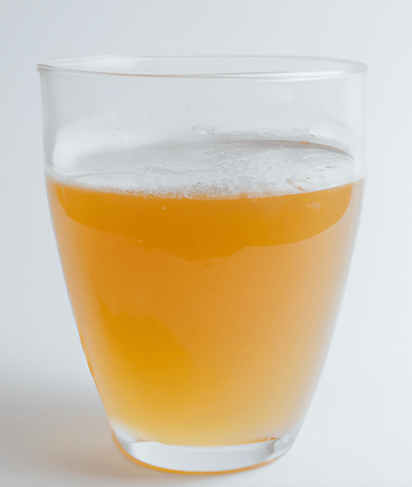Kombucha: Important Facts, Health Benefits, and Recipes
Explore the wonders of kombucha with our ultimate guide, covering its history, health benefits, storage tips, and suitable substitutes for this ancient elixir.

Explore the wonders of kombucha with our ultimate guide, covering its history, health benefits, storage tips, and suitable substitutes for this ancient elixir.
